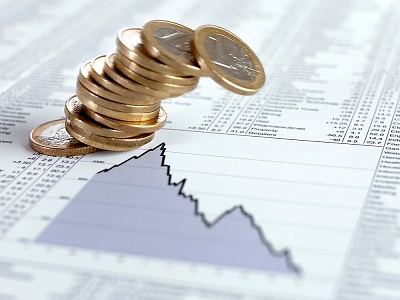There’s a whole host of evidence that value investing – buying a basket of shares at low valuation ratios – does work over in the USA. For example, there are studies done by investors like David Dreman, detailed in his book Contrarian Investment Strategies: The Psychological Edge, which shows that American shares with the lowest price-earnings ratios do outperform the market.

Then, there’s also studies done by academics like the Nobel-prize winning economist Robert Shiller that show that shares with a low price-to-dividend ratio (i.e. a high dividend yield) tend to do better than shares with a high price-to-dividend ratio.

Simply said, there’s some pretty strong evidence over in the USA that argues for how shares with low valuations – using metrics such as price-to-earnings, price-to-sales, price-to-book, dividend yields, or what have you – does indeed give better returns compared to an investment into simple general-market indices or into shares with high valuations.
But, can it work in Singapore? As intellectually and financially appealing a concept as value investing is (how can the idea of buying $1 for 50 cents not excite you!?), is there historical evidence on the efficacy of buying shares on the cheap?
Turns out, there is!
Teh Hooi Ling, head of research at the boutique value investing firm Aggregate Asset Management, penned an article titled “Time the market based on valuations” in the 13 Oct 2013 edition of The Sunday Times.
In it, she back-tested data from our local market going back to Feb 1976 and found that a portfolio consisting of shares with a low price-to-book ratio did a lot better than one with shares that carried a high price-to-book ratio over the long-term.
In fact, that’s not her first commentary on the efficacy of investing in shares with low valuations. Teh was a financial writer with The Business Times prior to joining Aggregate Asset Management and had penned numerous such articles over the years.
Back in December 2012, she wrote an article titled “In buying low PE stocks, beware of value trap” which showed how a basket of shares with the lowest price-earnings ratios did substantially better than highly-valued shares. In addition, the portfolio of low-PE shares trounced the market too.
That’s some strong evidence there that value investing does work in Singapore.
Of course, this naturally begs the question, “why is it so?”
In my personal opinion, I think the stock market is heavily affected by human emotions in the short-term and it drags market prices all over the place without any tether to the real economic value of a business. Over the long-term however, emotions get washed away and what is left eventually are share prices that reflect the true economic value of various businesses.
Value investing, at its most basic core, is the act of figuring out the real economic value of a business. A decision to invest would then hinge on whether the market price of the business is sufficiently lower than its real value. That’s why shares with low valuations, as a group, tend to fare better than shares with high valuations – with low valuations; chances are good that a business’s economic value is higher than its market price.
Emotions are part and parcel of human nature – we cannot take it away from us. And so, as long as the markets are dominated by human actions, there’ll always be room for value investing to work its magic.
Click HERE and join us for a Free Investing Workshop.
Cheers!
Ser Jing Chong , Business Analyst
Mind Kinesis Value Investing Academy



